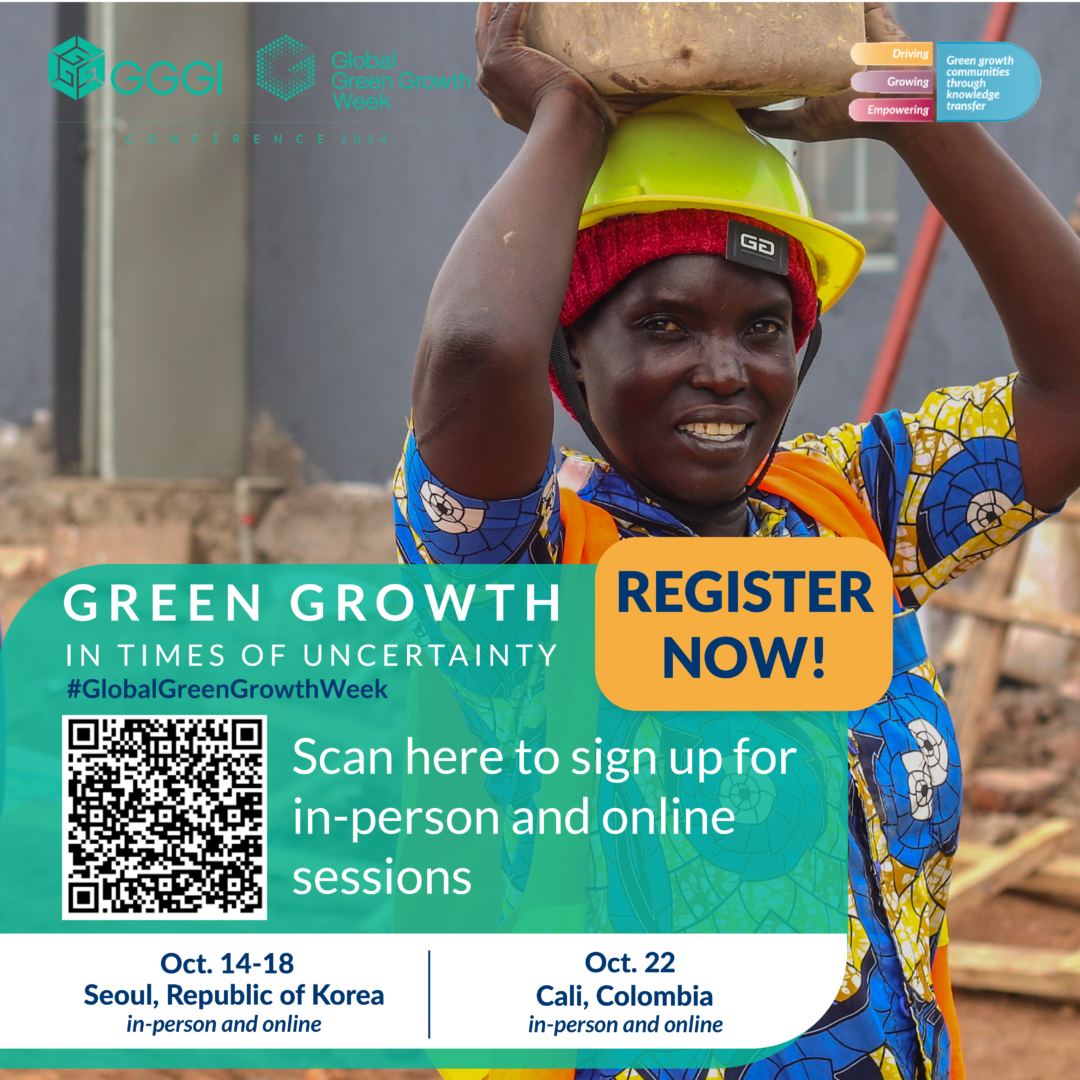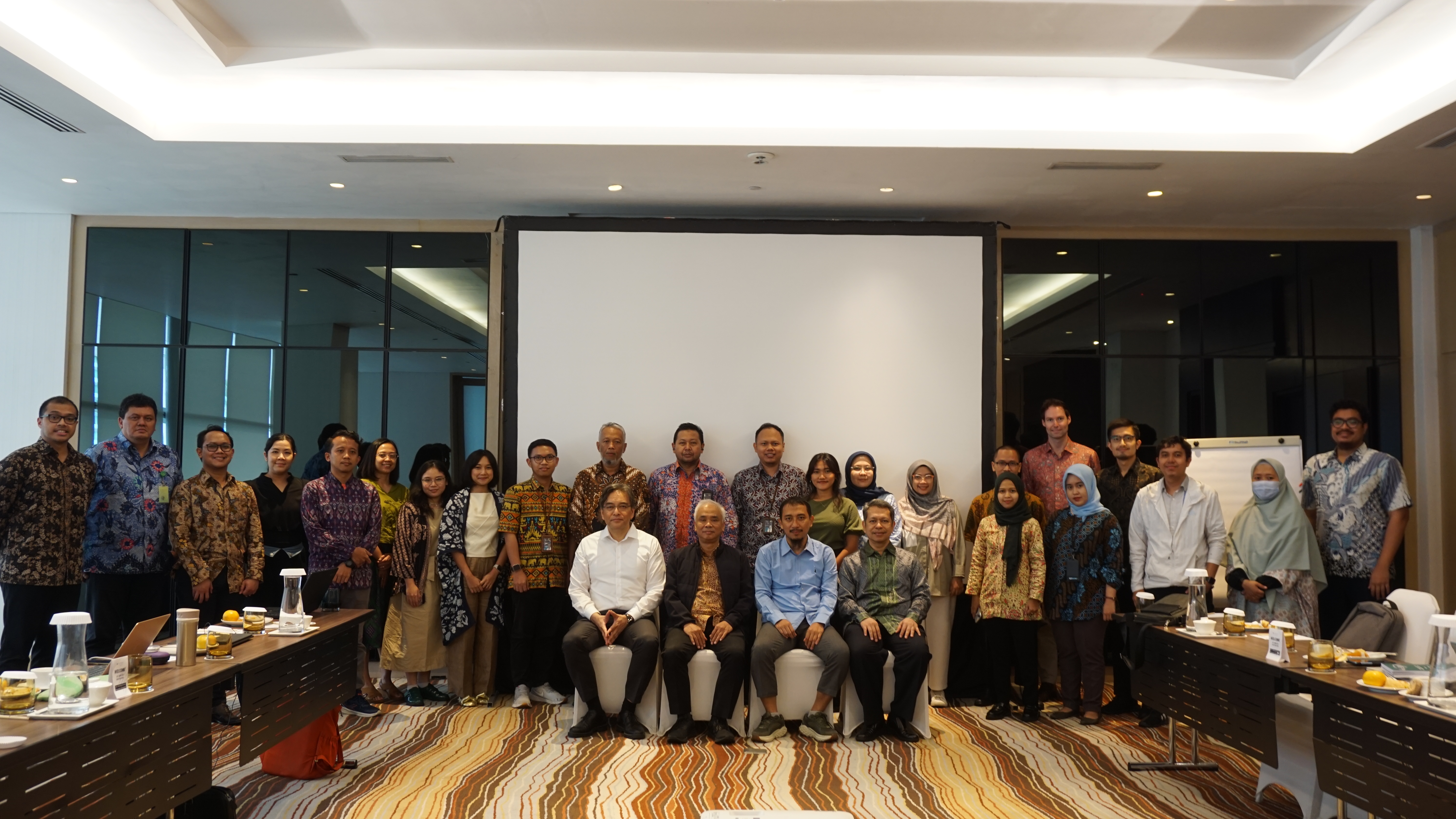Indonesia Launches Green Economy Index to Measure Sustainable Development Transformation
Indonesia has launched the Green Economy Index (GEI), an initiative to measure the effectiveness of economic transformation towards sustainable and environmentally friendly development.
On August 9, 2022, the Ministry of National Development Planning (Bappenas) launched the Indonesian GEI during the 3rd DWG Meeting Side Event G20 with the theme “Towards Implementation and Beyond: Measuring the Progress of Low Carbon and Green Economy” in Bali.
Bappenas launched the GEI in collaboration with the United Kingdom Foreign Commonwealth and Development Office, Germany’s Federal Ministry for Economic Affairs and Climate Action, Global Green Growth Institute (GGGI), WRI Indonesia, GIZ, LCDI, and the United Nations Partnership for Action on Green Economy (PAGE).
The Indonesian GEI consists of 15 indicators covering three pillars, namely economy, social, and environment, reflecting green economic development. The economic pillar includes six indicators: emission intensity, energy intensity, and gross national income (GNI) per capita. The social pillar consists of four indicators: unemployment, poverty, life expectancy, and the average length of schooling. Meanwhile, the environmental pillar comprises five indicators: land cover, degraded peatland, emission reduction, managed waste, and renewable energy.
The Indonesian GEI will be integrated into national development documents, such as the Medium-Term National Development Plan (RPJMN) 2025-2029 and the Long-Term National Development Plan (RPJPN) 2025-2045. By implementing the GEI, Indonesia’s economic growth is expected to reach 6.1-6.5% annually until 2050. In addition, emission intensity will decrease by up to 68% by 2045 and create 1.8 million green jobs by 2030.
The green economy is one of six economic transformation strategies set by Bappenas to achieve Indonesia’s 2045 vision. This strategy is considered a game changer for Indonesia in the post-Covid-19 economic recovery and towards sustainable development. With the theme “Recover together, recover stronger,” Indonesia hopes to be a leading initiator and example for other countries in implementing green economy policies.




